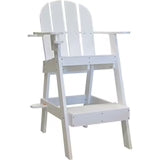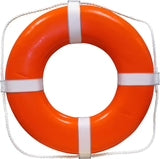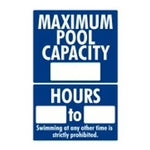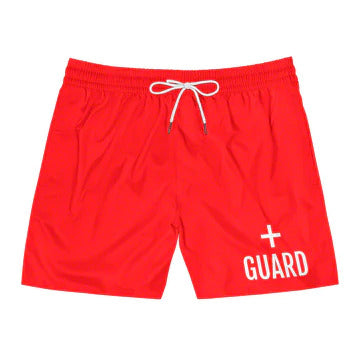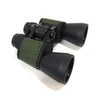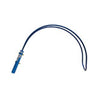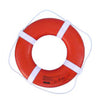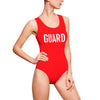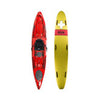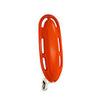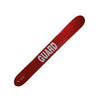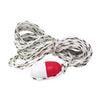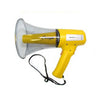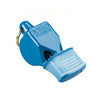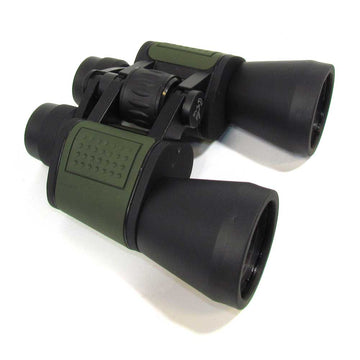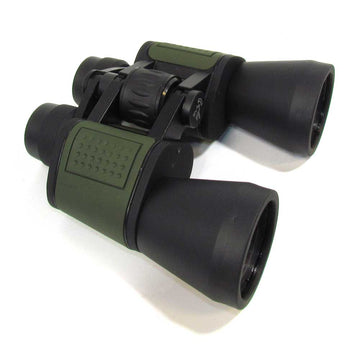- Poolweb
- First Response
- Binoculars
Binoculars
2 ResultsWhy do lifeguards need binoculars?
Lifeguards play an essential role in ensuring the safety and well-being of individuals at the beach. One vital tool lifeguards use to carry out their duties effectively is a pair of binoculars. Binoculars are indispensable for lifeguards for several reasons, including enhanced visibility, efficient scanning, quick identification of potential dangers, and better communication.
First and foremost, binoculars provide lifeguards with enhanced visibility. Beaches can be expansive and crowded, making it challenging for lifeguards to keep an eye on everyone in the vicinity. Binoculars featuring high-quality optics enable lifeguards to observe beachgoers from a distance without physically moving closer, ensuring better overall coverage and timely interventions in case of emergencies. It's important to note that lifeguard binoculars are specifically designed to withstand harsh weather conditions, with features like waterproof and fog-proof lenses, ensuring clear and effective visual assistance regardless of beach conditions.
Another benefit of using binoculars in beach rescue operations is the efficiency with which lifeguards can scan the area. Lifeguards are trained to perform regular surveillance of the swimming area to quickly identify and address any potential issues. Faster scanning means potentially saving lives since it allows the lifeguards to spot any struggling swimmers or dangerous situations more promptly. Additionally, binoculars enable lifeguards to better differentiate between a genuine emergency and a false alarm, ensuring that lifeguards can prioritize their interventions accordingly.
Furthermore, binoculars assist lifeguards in identifying potential hazards in the water that may not be visible to the naked eye. For example, lifeguards can spot a rip current, large marine animals like sharks, or objects that could pose a danger to swimmers such as debris, rocks, or sandbars. Early detection of these hazards will enable lifeguards to take appropriate measures to ensure the safety of the beachgoers, including issuing warnings or even evacuating the area if needed.
Lastly, communication is crucial in beach rescue operations, and binoculars can significantly improve the lifeguards' ability to communicate with their colleagues and beachgoers. From their observation towers, lifeguards can use binoculars to scan the beach and communicate vital information to their fellow lifeguards or emergency services, facilitating a quick and efficient response in case of emergencies.
Lifeguards require binoculars as an essential tool in their beach rescue operations. The enhanced visibility, efficient scanning, quick hazard identification, and better communication provided by binoculars all contribute to the overall effectiveness of lifeguards in ensuring the safety and well-being of beachgoers. Investing in high-quality binoculars can ultimately translate to more lives saved and a safer beach for everyone to enjoy.

